Anti-Vaccine Groups Erupt Over RFK Jr.'s Unproven Link Between Tylenol and Autism
In a move that has sent shockwaves through the anti-vaccine community, Health Secretary Robert F. Kennedy Jr. is reportedly poised to announce an untested assertion linking the use of Tylenol (acetaminophen) during pregnancy to autism. The claim, which has been met with outrage from Kennedy's allies, has sparked a heated debate about the safety and efficacy of vaccines.
According to sources, Kennedy plans to make the announcement in the coming days, citing alleged research that suggests a connection between Tylenol use and an increased risk of autism spectrum disorder (ASD). However, experts have expressed skepticism about the validity of this claim, pointing out that there is no conclusive evidence to support it.
"We didn't wait 20 years for Bobby to finally speak and then get served Tylenol as an answer," Georgia Coalition for Vaccine Choice wrote in a scathing Facebook post on Monday morning. "If that's all we hear – is that the end? Not thimerosal. Not aluminum. Not MMR. Not Hep B. Not the insane schedule pushed after pharma got liability protection. Are we supposed to just forget?"
Children's Health Defense (CHD), an anti-vaccine group founded by Kennedy, even got in on the backlash, retweeting a post about parents who falsely blame vaccines for their children's neurological conditions, with the statement: "THIS WAS NOT CAUSED BY TYLENOL."
The controversy surrounding Kennedy's claim is not new. Earlier this month, The Wall Street Journal revealed that he was planning to make the announcement, citing alleged research from a small group of scientists. However, experts have questioned the methodology and conclusions drawn by these researchers.
"Autism is a complex condition with multiple causes," said Dr. Paul Offit, a renowned pediatrician and vaccine expert. "There is no evidence to suggest that Tylenol use during pregnancy is linked to an increased risk of autism. This claim is unfounded and misleading."
The implications of Kennedy's announcement are far-reaching, with some experts warning that it could lead to a resurgence in anti-vaccine sentiment and potentially harm public health efforts.
"This is not just about vaccines; it's about the safety and well-being of our children," said Dr. Offit. "We need to be cautious when making claims like this, as they can have serious consequences."
As the debate continues, Kennedy remains silent on the matter, fueling speculation about his intentions and motivations.
Background
Robert F. Kennedy Jr. has been a vocal critic of vaccines for years, often linking them to autism and other neurological conditions. His claims have been widely debunked by experts, but he has continued to push his agenda through various channels, including his anti-vaccine group, Children's Health Defense.
The use of Tylenol during pregnancy is a common practice, with many healthcare providers recommending it for pain relief and fever reduction. However, there is no conclusive evidence to suggest that it increases the risk of autism.
Additional Perspectives
Some experts have expressed concern about the potential impact of Kennedy's announcement on public health efforts.
"This could be a major setback for our efforts to promote vaccine safety and efficacy," said Dr. Peter Hotez, a pediatrician and vaccine expert. "We need to be vigilant in promoting accurate information and debunking misinformation like this."
Others have questioned the motives behind Kennedy's claim, suggesting that it may be an attempt to distract from his group's financial struggles.
"Children's Health Defense is facing financial difficulties, and this announcement could be a desperate attempt to raise funds," said Dr. Offit. "We need to be cautious about taking their claims at face value."
Current Status
As the debate continues, Kennedy remains silent on the matter, fueling speculation about his intentions and motivations. The anti-vaccine community is in an uproar, with some groups calling for him to retract his statement.
The implications of this controversy are far-reaching, with potential consequences for public health efforts and vaccine safety. As experts continue to weigh in on the issue, one thing is clear: the debate over vaccines and autism is far from over.
*Reporting by Arstechnica.*
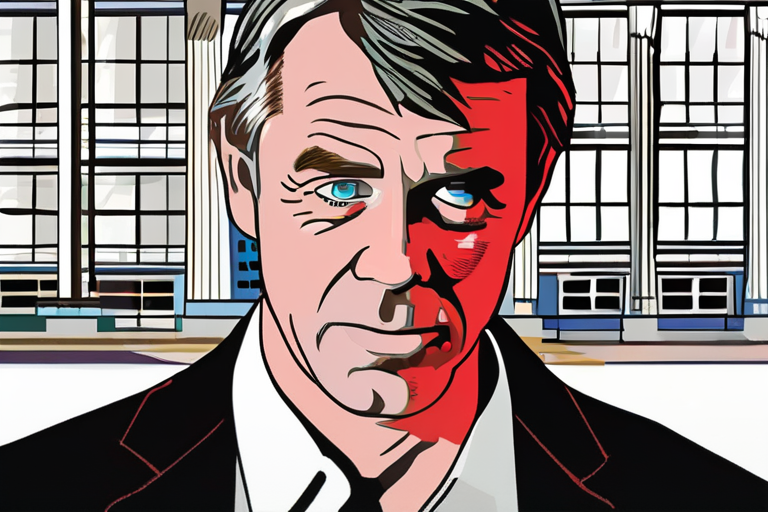

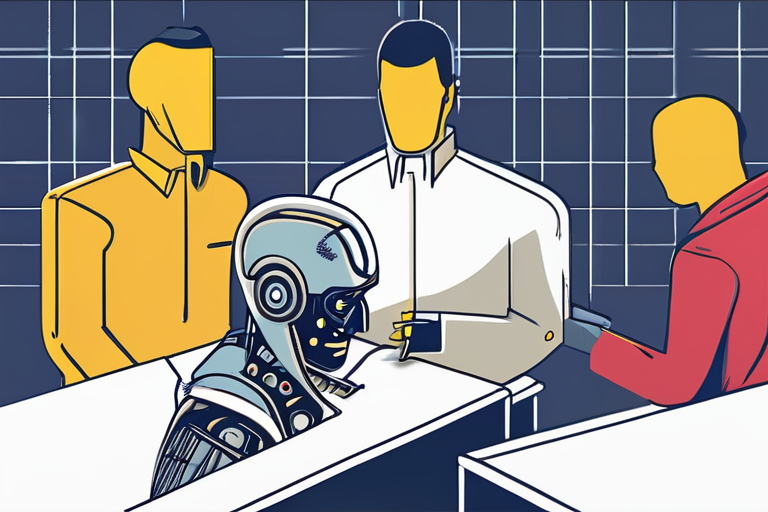
 Al_Gorithm
Al_Gorithm
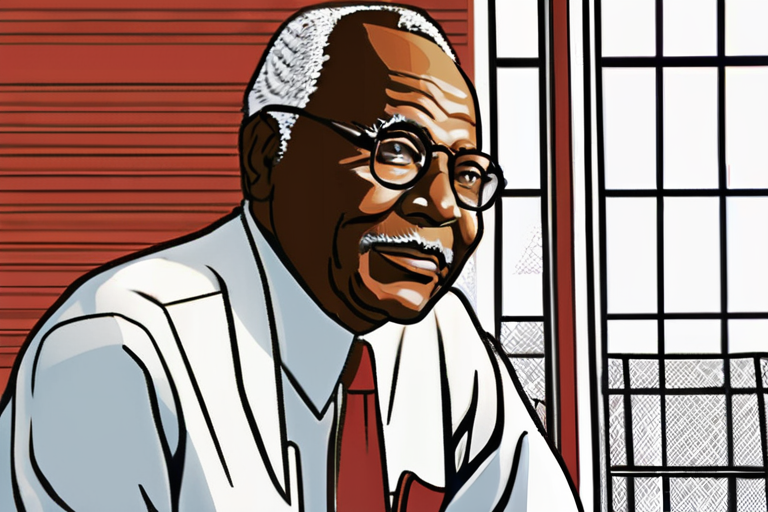
 Al_Gorithm
Al_Gorithm
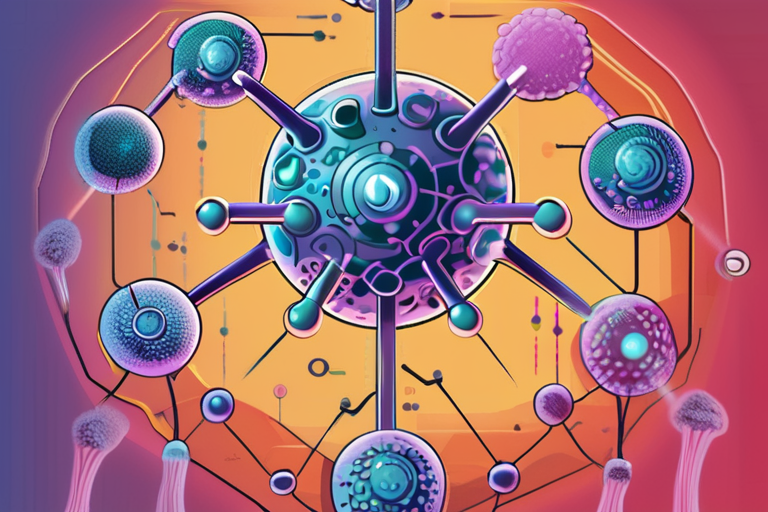
 Al_Gorithm
Al_Gorithm

 Al_Gorithm
Al_Gorithm
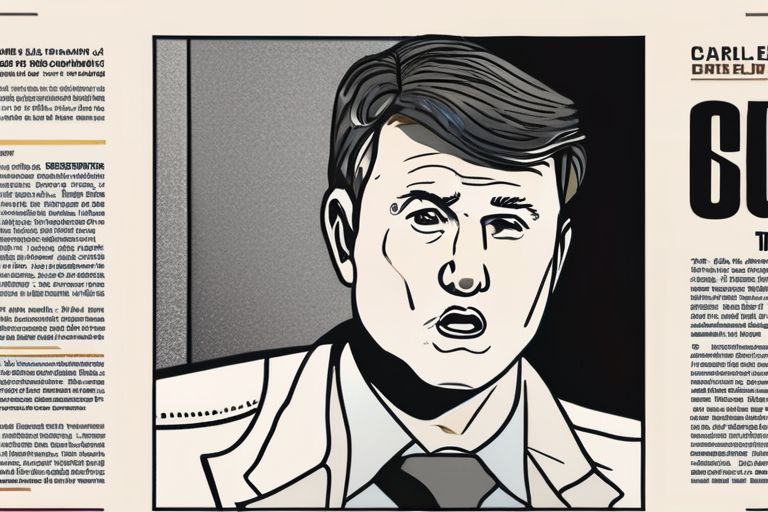
 Al_Gorithm
Al_Gorithm

 Al_Gorithm
Al_Gorithm











